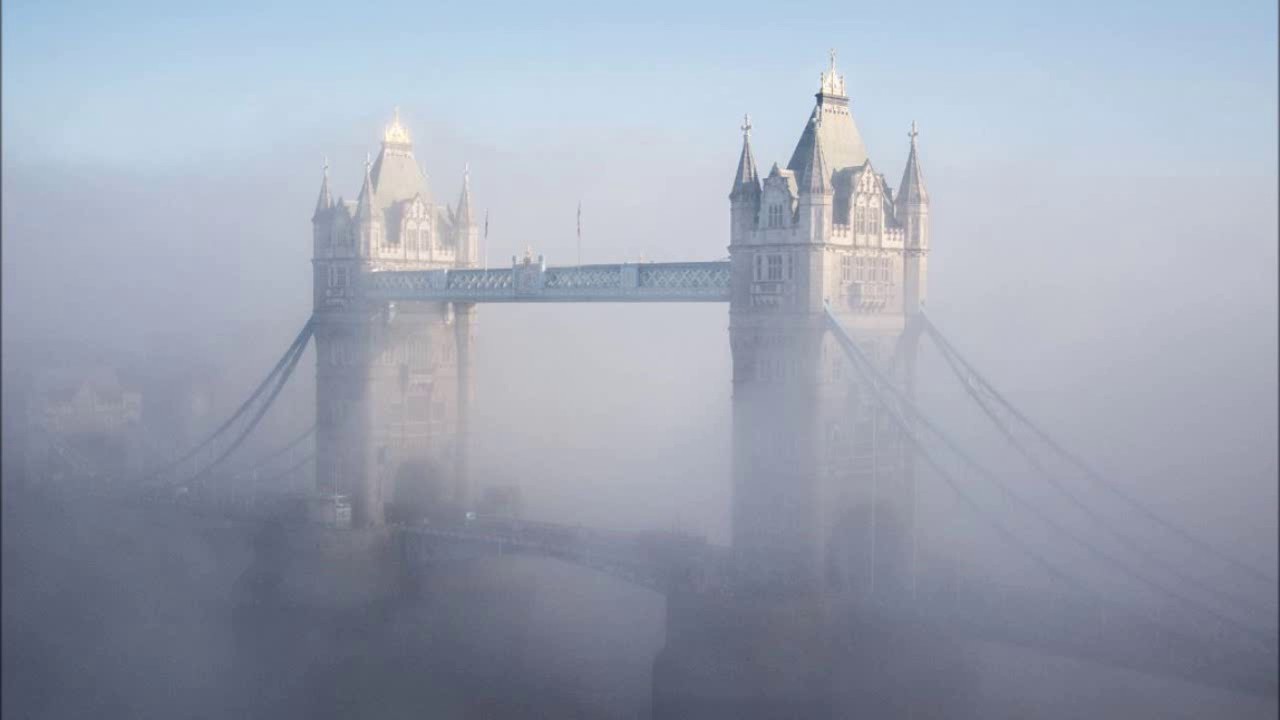11 Dec 2024

Tired Earth
By The Editorial Board

More than one in 19 deaths in Britain’s largest towns and cities are linked to air pollution – with people living in urban areas in south-east England more likely to die from exposure to toxic air, according to a new study.
London, Slough, Chatham, Luton and Portsmouth had the highest proportion of deaths attributable to pollution the study found, with around one in 16 in 2017 caused by high levels of harmful particulates in the atmosphere.
By contrast, places such as Aberdeen, Dundee, Glasgow and Blackpool attributed one in 30 deaths to air pollution, highlighting what the study’s authors, the Centre for Cities thinktank, called a “south-north” divide in air quality.
Although air pollution was a problem in most big cities and urban areas of the UK, it was especially heavily concentrated in the south-east, including places like Southampton, Reading, Oxford, Cambridge, Basildon and Northampton.
Air pollution was the UK’s largest environmental risk to public health, it said, producing the equivalent of 40,000 deaths a year nationally. It urged the government to introduce stricter legal guidelines on particulate matter emissions to help tackle the problem.
It also urged local authorities to raise their game on cutting air pollution. Practical local policies aimed at cutting pollution were slow or absent, in contrast to the enthusiasm with which many councils have made political declarations of climate emergency.
“Politicians often talk tough on addressing air pollution but we need to see more action. Cities should be at the centre of the fight against toxic air and councils should take the steps needed, including charging people to drive in city centres and banning wood-burning stoves,” said Andrew Carter, chief executive of Centre for Cities.
He urged more councils to follow London’s lead in creating a Ultra-Low Emission Zone, which from last April has charged motorists who drive older, polluting cars and vans in the centre of the capital. The city had already succeed in reducing air pollution as a result, he said.
The report also found:
Particulate matter is a mixture of solid particles and liquid droplets in the air including dust, ash, sea spray, soot, and material produced by the application of car brake pads and the use of coal fires and wood-burning stoves. Not all is locally generated – in south England some is blown in from continental Europe.
Responding to the report Zak Bond, policy and public affairs officer at the British Lung Foundation, said: “Whilst it’s shocking that more than one in 19 deaths in UK towns and cities can be linked to air pollution, it doesn’t tell the full story in terms of the millions of people whose lives are affected on a daily basis.
“Breathing in toxic air is bad for everyone and can lead to a wide range of health conditions including lung disease, stroke and cancer.”
Cllr David Renard, the Local Government Association’s transport spokesman, said: “These disturbing findings show we face an air pollution emergency.”
Pawda Tjoa, senior policy researcher at the New Local Government Network thinktank, said councils were determined to improve air quality but most felt they lacked the power and money to meaningfully tackle the issue.
Source : www.theguardian.com
Comment